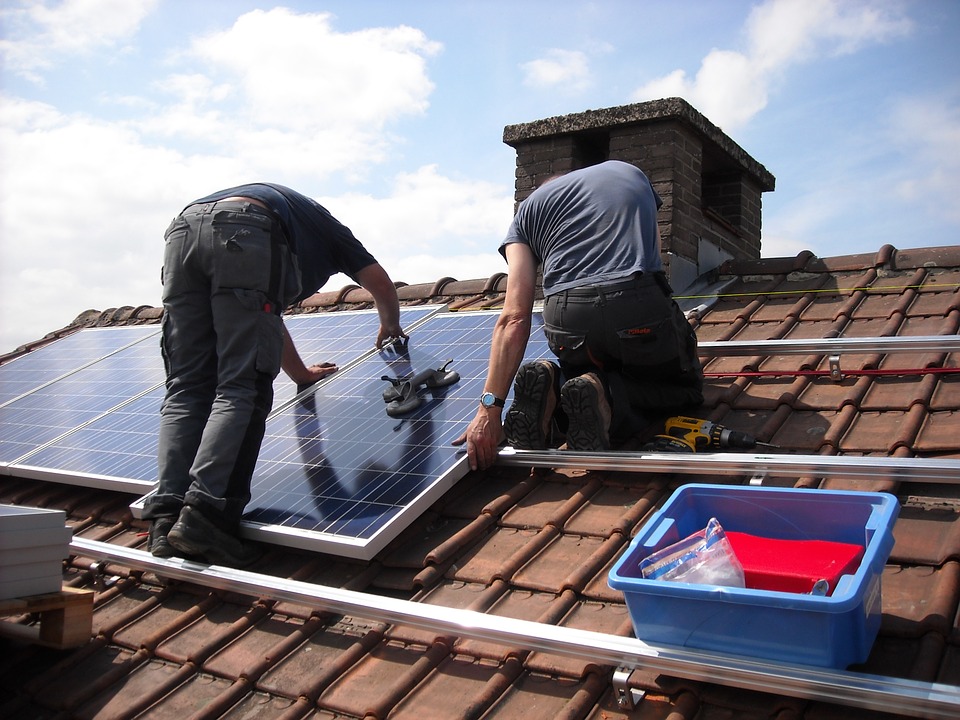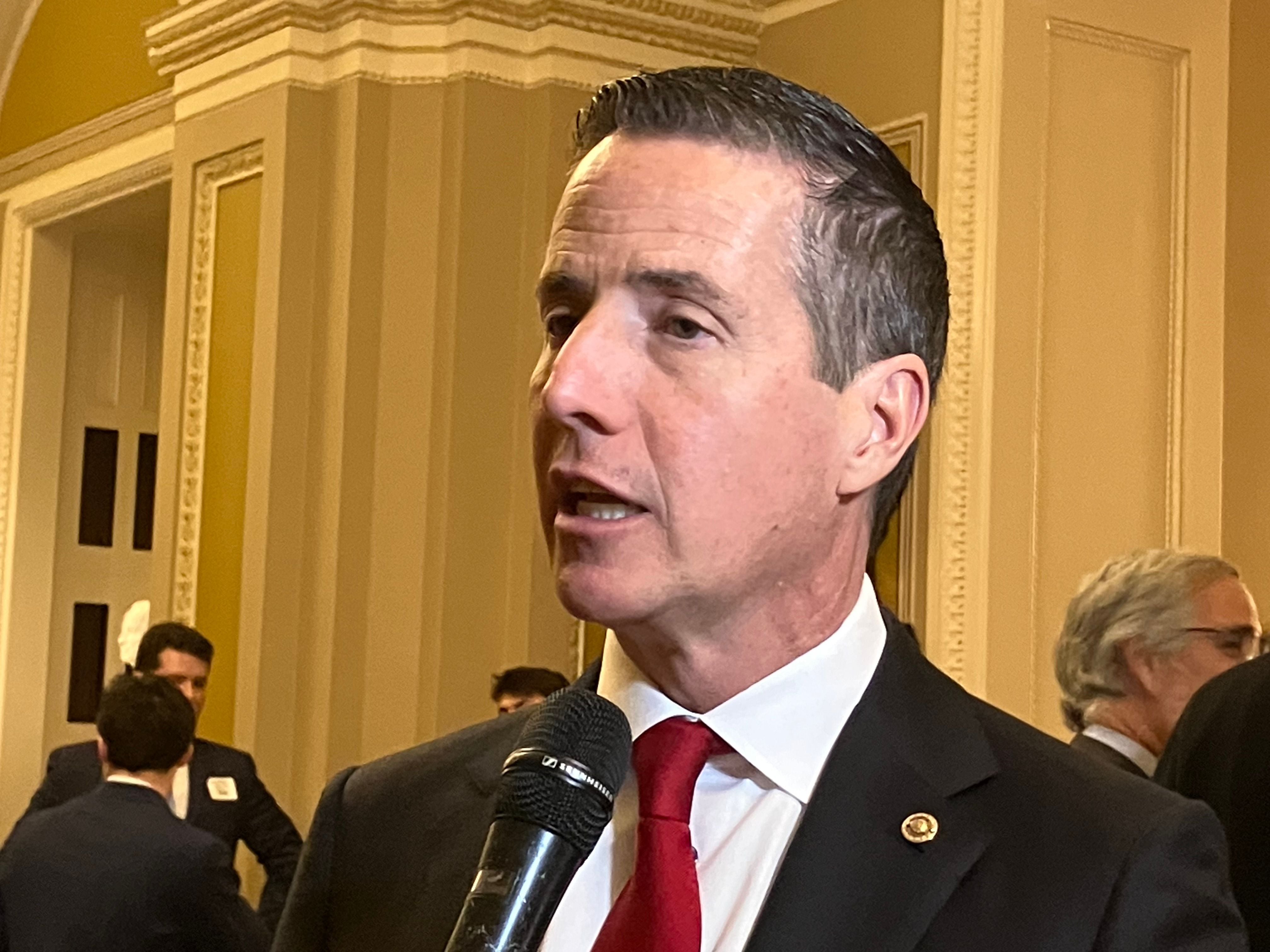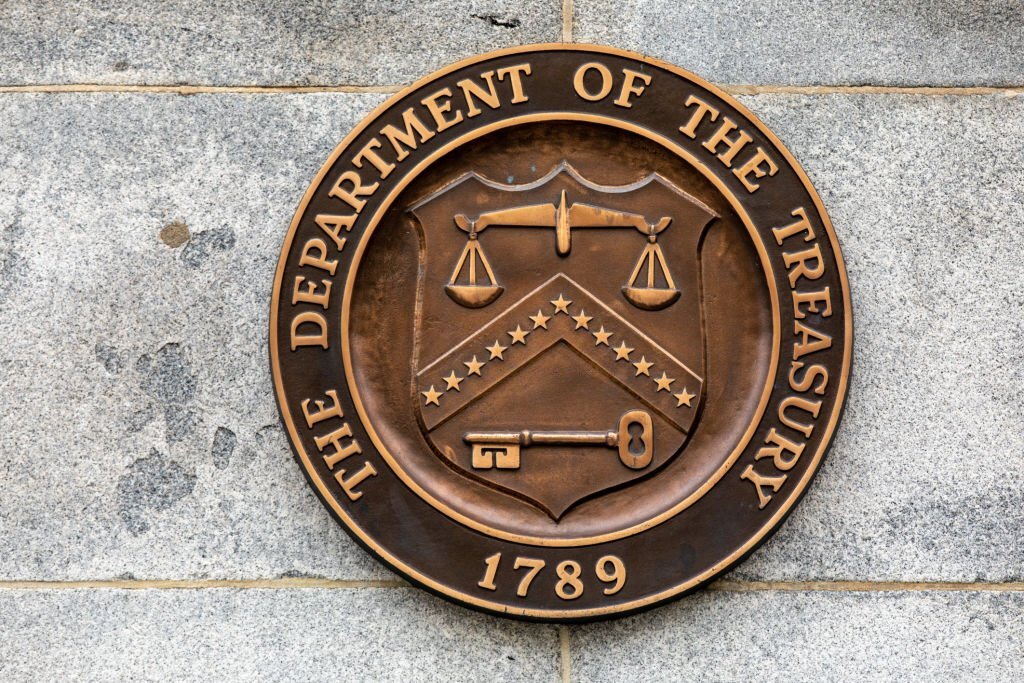The IRS is reminding taxpayers that they may qualify for expanded home energy credits in 2023 (IR-2023-97, 5/4/23) There are two types of credits.
1. Energy Efficient Home Improvement Credit: If you make qualified energy-efficient improvements to your home, you can qualify a tax credit of up to $3,200 for the tax year the improvements are made. As part of the Inflation Reduction Act (IRA), beginning in 2023 the credit equals 30% of certain qualified expenses. This includes:
- Qualified energy efficiency improvements installed during the year such as exterior doors, windows and skylights and insulation and air sealing materials or systems
- Residential energy property expenses such as central air conditioners, natural gas, propane or oil water heaters, natural gas, propane or oil furnaces and hot water boilers
- Heat pumps, water heaters, biomass stoves and boilers
- Home energy audits of a main home
The maximum credit that can be claimed each year is:
- $1,200 for energy property costs and certain energy efficient home improvements, with limits on doors ($250 per door and $500 total), windows ($600) and home energy audits ($150)
- $2,000 per year for qualified heat pumps, biomass stoves or biomass boilers
The credit is available only for qualifying expenditures to an existing home or for an addition or renovation of an existing home. Improvements to newly constructed homes don’t count. Also, the credit is nonrefundable.
2. Residential Clean Energy Credit: Taxpayers who invest in energy improvements for their main home, including solar, wind, geothermal, fuel cells or battery storage, may qualify for an annual residential clean energy tax credit. You may be able to claim a credit for certain improvements other than fuel cell property expenditures made to a second home you live in part-time and don’t rent to others.
The Residential Clean Energy Credit equals 30% of the costs of new, qualified clean energy property for a home in the United States installed anytime from 2022 through 2033. Qualified expenses include the costs of new, clean energy equipment such as:
- Solar electric panels
- Solar water heaters
- Wind turbines
- Geothermal heat pumps
- Fuel cells
- Battery storage technology (beginning in 2023)
Clean energy equipment must meet the certain standards to qualify for the Residential Clean Energy Credit. This credit is available for qualifying expenditures incurred for installing new clean energy property in an existing home or for a newly constructed home. This credit has no annual or lifetime dollar limit except for fuel cell property. Taxpayers can claim this credit each tax year they install eligible property until the credit begins to phase out in 2033.
As with the Energy Efficient Home Improvement Credit, the Residential Clean Energy Credit is nonrefundable.
Finally, the IRS is encouraging taxpayers keep good records of purchases and expenses during the time the improvements are made. This will help when you claim the applicable credit during tax filing season. Obtain assistance from a tax professional.
Thanks for reading CPA Practice Advisor!
Subscribe Already registered? Log In
Need more information? Read the FAQs
Tags: Income Tax, IRS, Taxes





